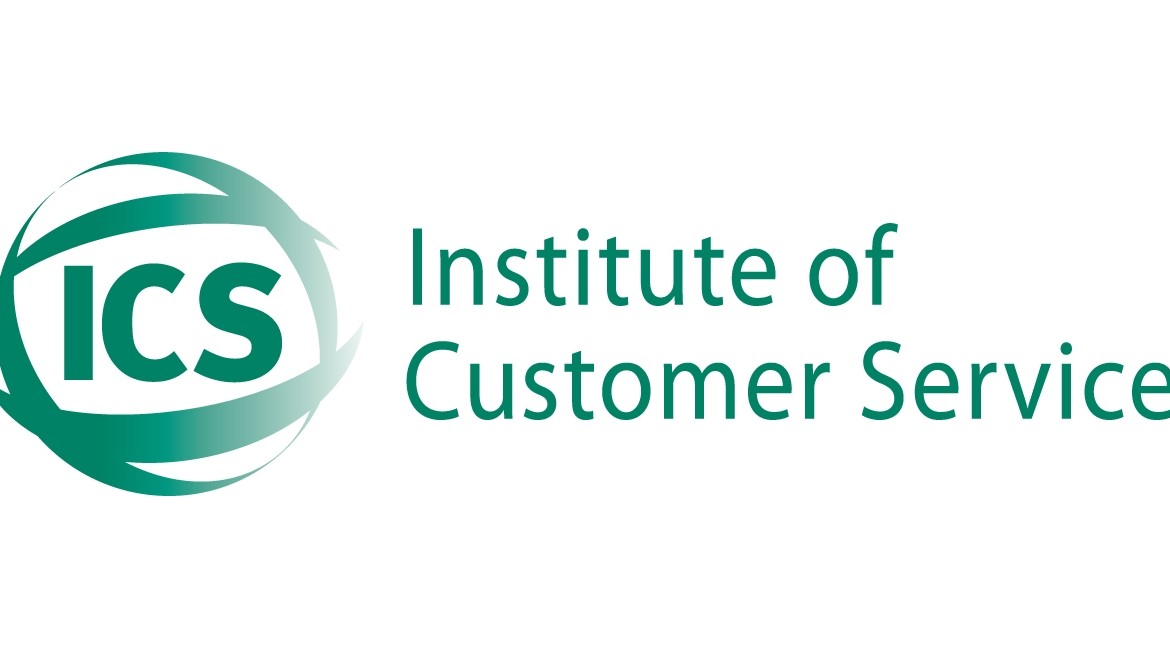Top tips for workplace recovery
https://contactcentresummit.co.uk/wp-content/uploads/2017/01/work-management-907669_960_720.jpg 960 627 Jack Wynn Jack Wynn https://secure.gravatar.com/avatar/e6e4c614a3e43ed5c1e30f3c96cd4d3d?s=96&d=mm&r=gBusiness continuity is critical for building resilience within your company by allowing you to work through a disruption and giving you time to recover.
Most understand the need for business continuity, but it’s often seen as too expensive or time consuming to address, but this doesn’t need to be the case.
IT and recovery specialist DSM has compiled its top tips to avoid disaster:
1. Carry out regular risk assessments
Taking steps to eliminate or minimise potential threats is a vital step in the operation of your business.
2. Consider possible scenarios
Planning and analysing threats to determine the impact on your business is a simple and straightforward way to protect yourself.
3. Compile an action plan
Maintaining business as usual makes a huge difference during a crisis, and putting formal contracts in place will enable fast recovery of essential operations
4. Document key business processes
In case of emergencies involving staff either being absence or busy, having basic processes on paper helps maintain the situation. Making sure no critical activities are operated by a single individual will also help.
5. Review supplier resillience
Are your suppliers capable of meeting your Service Level Agreements? A quick review and multiple sources help reduce reliance on any one single supplier.
6. Protect company information
Ensuring it can be accessed and rapidly restored will help during a disaster, but not at the risk of security, which should be a top priority.
7. Regular tests
Proving you can function should you lose a vital service, or even your entire business environment, will help prepare you for a future need for adapting.
8. Get employees involved
Encouraging all employee involvement with preparation and testing helps for staff to buy in to the importance of keeping your business ticking over, as well as providing lifelines if a senior employee is absent.




